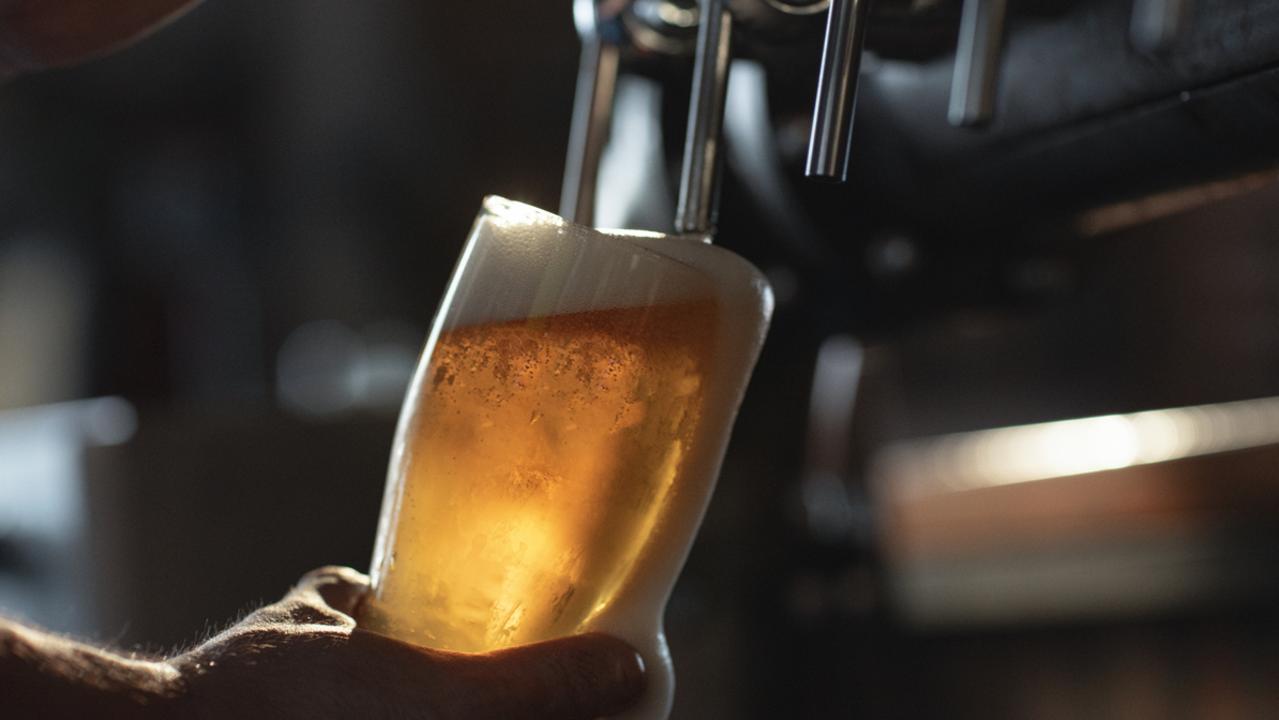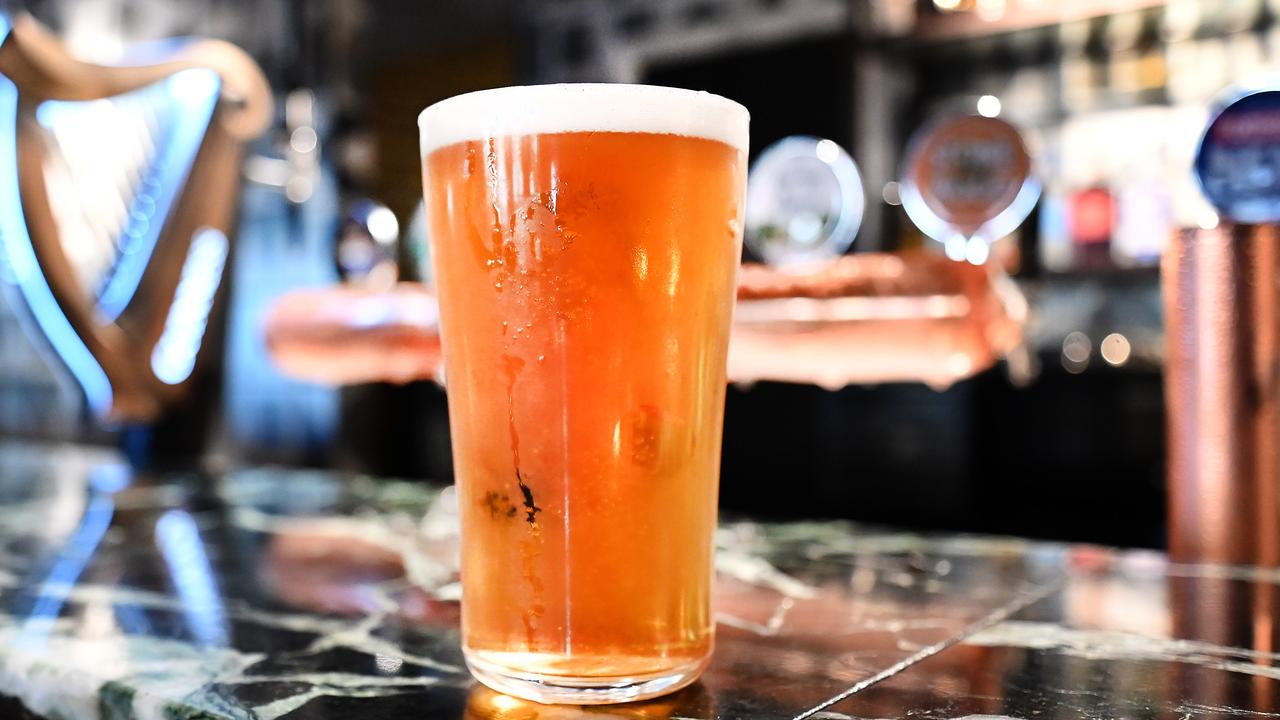Tax refunds: What to do and what not to do
HAS the tax man given you a nice surprise? Here’s a quick guide on what - and where - to spend it.

AAAAAH, tax refunds. The promise of some free money — even though technically it’s your own money being returned to you — every August or September pleases millions of Australians.
Each year more than 10.2 million taxpayers receive a tax refund, averaging about $2500 for an individual. More than half get between $1 and $1999, while about 15 per cent get back $2000-$4000 and about 2 per cent get more than $10,000.
Deciding what to do with a tax windfall can be tricky as you try to mix the boring, do-what’s-right approach with a bit of fun.
A new survey by homeloans.com.au has found that debt reduction is the number one focus this year, with almost 58 per cent of taxpayers directing their refund to debt. However, holidays and renovations also figure strongly.
“It’s obvious that people are cautious with their money. However, that’s not to say they also aren’t planning to treat themselves,” says homeloans.com.au’s Will Keall.
MyBudget director Tammy May says the extra money can quickly disappear if you don’t have a plan for it. These tips might help you decide your path.
WHAT TO DO
Debt reduction will save you money in the long run. Target high-interest debts such as credit cards first — a $2000 payment off a typical credit card debt will save you about $400 a year in interest.
RATES COMPARED: Find a better deal for your credit card
Paying it off the mortgage will also save you interest — an offset account or redraw facility on your home loan will give you flexibility to get it back if needed.
A tax refund can be great for future planning. “Put some into an emergency fund or savings account — you could even plan ahead and start saving for Christmas,” says May.
Even longer term, putting it into superannuation will allow years of compound interest to work their magic, and you’ll collect some tax benefits along the way.
Aim to use some of your tax refund for fun things. The secret of a good household budget is to have money left to reward yourself.
WHAT NOT TO DO
Using your tax refund as a deposit for a big-ticket consumer item that’s going to lose value and increase your debt is one of the worst things to do with the money.
“It happens too often — people dream big about how they are going to spend their tax return,” May says.
“Many consumers think they are saving money by purchasing so-called bargains but simply forget about their personal debts.”
Don’t stash the cash in an everyday transaction account — you will receive almost nothing in interest and the money will most likely be frittered away.
Lending the money to family and friends is another bad idea, unless you’re happy to kiss it goodbye.
Still having trouble deciding? Grab a pen and some paper and write down a list of the possibilities, listing the positives and negatives for each. Having it on paper will help you decide what’s really important.



